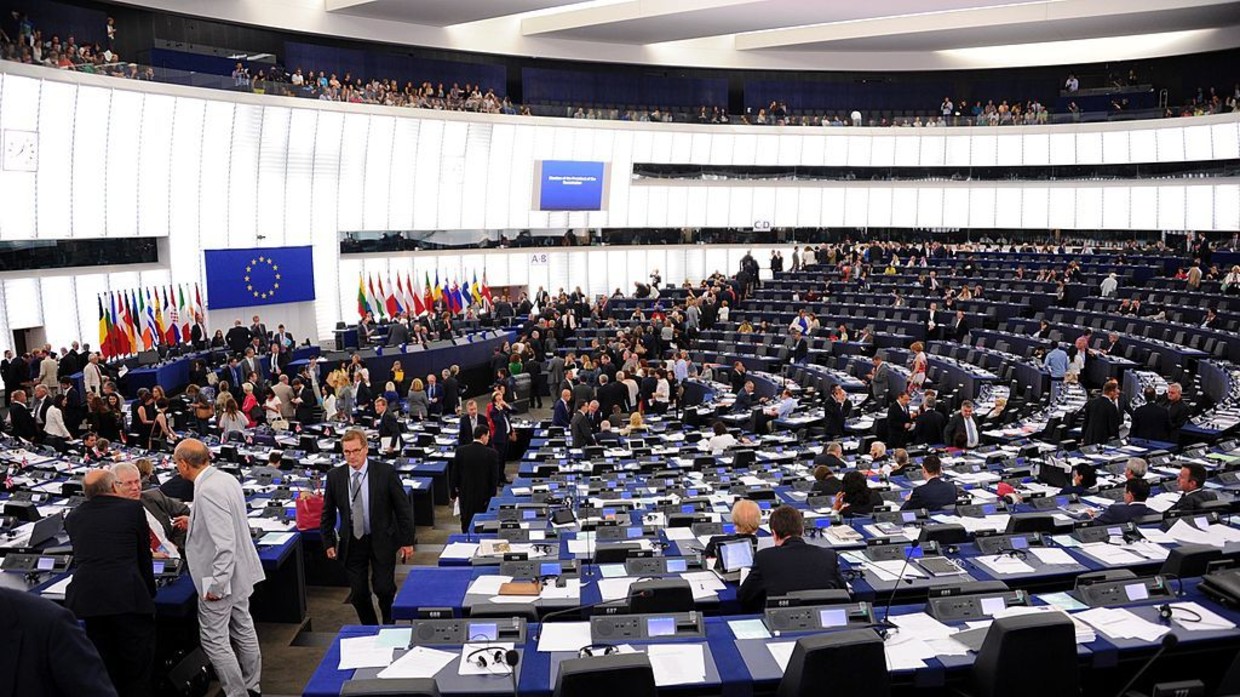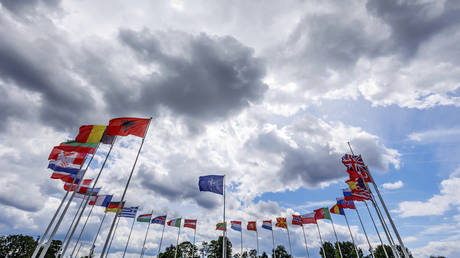The European Parliament adopted a non-binding resolution designating Russia as a “state sponsor of terrorism” on Wednesday. In a strongly worded but largely symbolic document, MEPs also called on the European Union to further reduce diplomatic ties with Moscow and quickly adopt a ninth package of anti-Russia sanctions.
Diplomatic relations with Russia should be cut “to the absolute minimum necessary” and Russian “state-affiliated institutions,” such as Russian cultural centers and diaspora organizations, should be closed and banned, the MEPs said.
As the European Union cannot officially designate states as sponsors of terrorism, the parliament called on bloc members to put in place the necessary legal framework and to consider adding Moscow to the relevant list. It also urged EU members to initiate “a comprehensive international isolation” of Russia and “to swiftly complete its work on a ninth sanctions package.”
The resolution, which was supported by a majority of parliamentarians, accused Russia of conducting “deliberate attacks and atrocities” against Ukrainian civilians, of destroying critical infrastructure in the country, and of violating human rights. Therefore, it said, the European Parliament “recognizes Russia as a state sponsor of terrorism and as a state which uses means of terrorism.”
Ukrainian President Vladimir Zelensky welcomed the resolution, tweeting that “Russia must be isolated at all levels and held accountable.”
In recent weeks, similar, largely symbolic declarations, were adopted by NATO’s Parliamentary Assembly and the Parliamentary Assembly of the Council of Europe. While Kiev has repeatedly urged the West to declare Russia a “state sponsor of terrorism,” only a few countries – including Estonia, Latvia, Lithuania and the Czech Republic – have heeded the call, and their actions have been limited to symbolic gestures.
Those with the power to enforce anti-terrorism sanctions against other states, specifically the US, have so far refused to take such a step.
In August, the Russian Foreign Ministry warned Washington that designating Russia as a state sponsor of terrorism would become “a point of no return” in bilateral relations.


